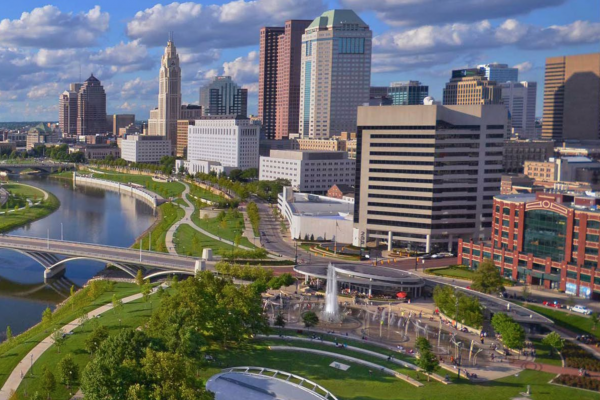
The negative effects of global climate change are being felt by communities around the world, with the most serious burdens experienced by already disadvantaged populations. One way that climate change is expected to continue to disrupt community well-being and potentially exacerbate inequality is through disruptions to housing availability and affordability. In this talk, I will discuss multiple ways in which climate change and climate-related hazards are expected to disrupt access to affordable housing. This includes the effects of "climate gentrification", a theory that posits that both climate change effects and adaptation measures may contribute to differences in property values which may then reinforce pathways of economic, physical, and social displacement and marginalization of disadvantaged residents. Especially in some coastal areas, evidence suggests that property values are already reflecting climate exposure, which has serious implications for housing justice, community demographics, and residential displacement. I will also discuss other ways that climate change may interact with access to stable, affordable, and safe housing, especially for renters, including post-disaster evictions and changes to rent affordability. Through these examples, this talk broadly explores the question, “Who gets to live where in a climate-impacted world?” with a focus on the implications for equitable adaptation.
Dr. Kelsea Best is an assistant professor with a joint appointment in Civil, Environmental and Geodetic Engineering and the Knowlton School City and Regional Planning at The Ohio State University.
For hybrid attendance, please email bertolo.7@osu.edu
